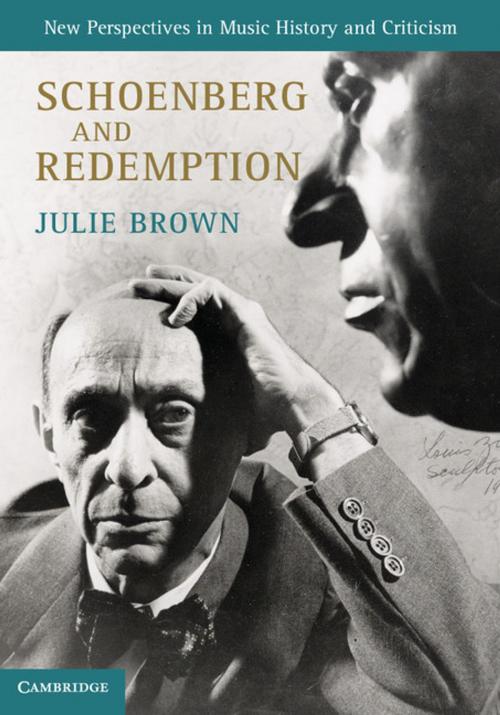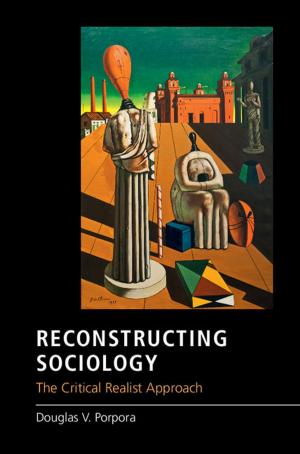Schoenberg and Redemption
Nonfiction, Entertainment, Music, Theory & Criticism, History & Criticism, Reference| Author: | Julie Brown | ISBN: | 9781139948913 |
| Publisher: | Cambridge University Press | Publication: | June 26, 2014 |
| Imprint: | Cambridge University Press | Language: | English |
| Author: | Julie Brown |
| ISBN: | 9781139948913 |
| Publisher: | Cambridge University Press |
| Publication: | June 26, 2014 |
| Imprint: | Cambridge University Press |
| Language: | English |
Schoenberg and Redemption presents a new way of understanding Schoenberg's step into atonality in 1908. Reconsidering his threshold and early atonal works, as well as his theoretical writings and a range of previously unexplored archival documents, Julie Brown argues that Schoenberg's revolutionary step was in part a response to Wagner's negative charges concerning the Jewish influence on German music. In 1898 and especially 1908 Schoenberg's Jewish identity came into confrontation with his commitment to Wagnerian modernism to provide an impetus to his radical innovations. While acknowledging the broader turn-of-the-century Viennese context, Brown draws special attention to continuities between Schoenberg's work and that of Viennese moral philosopher Otto Weininger, himself an ideological Wagnerian. She also considers the afterlife of the composer's ideological position when, in the late 1920s and early 1930s, the concept of redeeming German culture of its Jewish elements took a very different turn.
Schoenberg and Redemption presents a new way of understanding Schoenberg's step into atonality in 1908. Reconsidering his threshold and early atonal works, as well as his theoretical writings and a range of previously unexplored archival documents, Julie Brown argues that Schoenberg's revolutionary step was in part a response to Wagner's negative charges concerning the Jewish influence on German music. In 1898 and especially 1908 Schoenberg's Jewish identity came into confrontation with his commitment to Wagnerian modernism to provide an impetus to his radical innovations. While acknowledging the broader turn-of-the-century Viennese context, Brown draws special attention to continuities between Schoenberg's work and that of Viennese moral philosopher Otto Weininger, himself an ideological Wagnerian. She also considers the afterlife of the composer's ideological position when, in the late 1920s and early 1930s, the concept of redeeming German culture of its Jewish elements took a very different turn.















